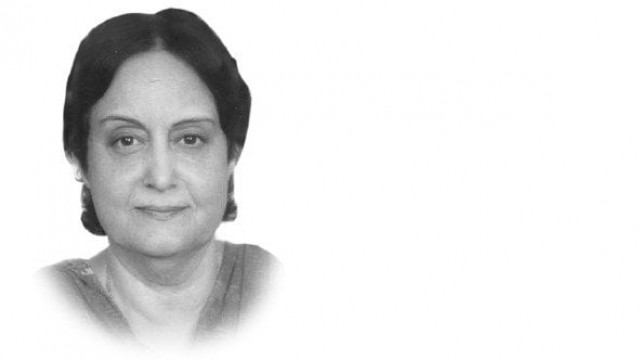Quranic imperatives on acquisition of knowledge
The Holy Quran puts the highest emphasis on the importance of acquiring knowledge.

The Quran describes the Prophet (pbuh) as an imparter of knowledge to others (Surah 2:151). His famous prayer was: “Allah grant me knowledge of the ultimate nature of things”.
In Surah 39:9, the Quran rhetorically asks: “Can they who know and they who do not know be deemed equal?” and exhorts believers to pray for advancement in knowledge. Further, the Quran exhorts believers not to pursue that of which they have no knowledge since God will hold them accountable for actions which reflect a lack of knowledge.
About those who have knowledge, the Quran says: “God will exalt by (many) degrees those of you who have attained to faith…” (Surah 58: 11).
According to Quranic perspective, knowledge is a prerequisite for the creation of a just world in which authentic peace can prevail. The Quran emphasises the importance of the pursuit of learning even at the time, and in the midst, of war. It says: “With all this, it is not desirable that all of the believers take the field (in time of war). From within every group in their midst, some shall refrain from going to war, and shall devote themselves (instead) to acquiring a deeper knowledge of the Faith, and (thus be able to) teach their home-coming brethren, so that these (too) might guard themselves against evil” (Quran 9: 122, which states).
Embodying the spirit of the Quran are some well-known ahadith: “The seeking of knowledge is obligatory upon every Muslim” (Baihaqi, Mishkat); “Searching for knowledge is compulsory for every Muslim male and Muslim female (Ibn Majah). The attitude of Prophet Muhammad (pbuh) towards acquiring knowledge can be inferred from the fact that after the Battle of Badr (624 AD), he employed several captives from the Quraish tribe to teach Muslim boys reading and writing — this service counted as their ransom. As Semaan pointed out: “… Muhammad (pbuh) instituted learning as an incumbent duty upon his people and this established a definite educational policy for Islam”. That the obligation to acquire knowledge was “a concept that possessed religious urgency and was ready to play a prominent role in a new religious movement” is testified by Rosenthal. Gulick expressed the belief that the knowledge-affirming ahadith which “have been widely accepted as authentic and...have exerted a wide and salutary influence…must assuredly have stimulated and encouraged the great thinkers of the golden age of Islamic civilisation.”
Published in The Express Tribune, July 6th, 2010.















COMMENTS
Comments are moderated and generally will be posted if they are on-topic and not abusive.
For more information, please see our Comments FAQ